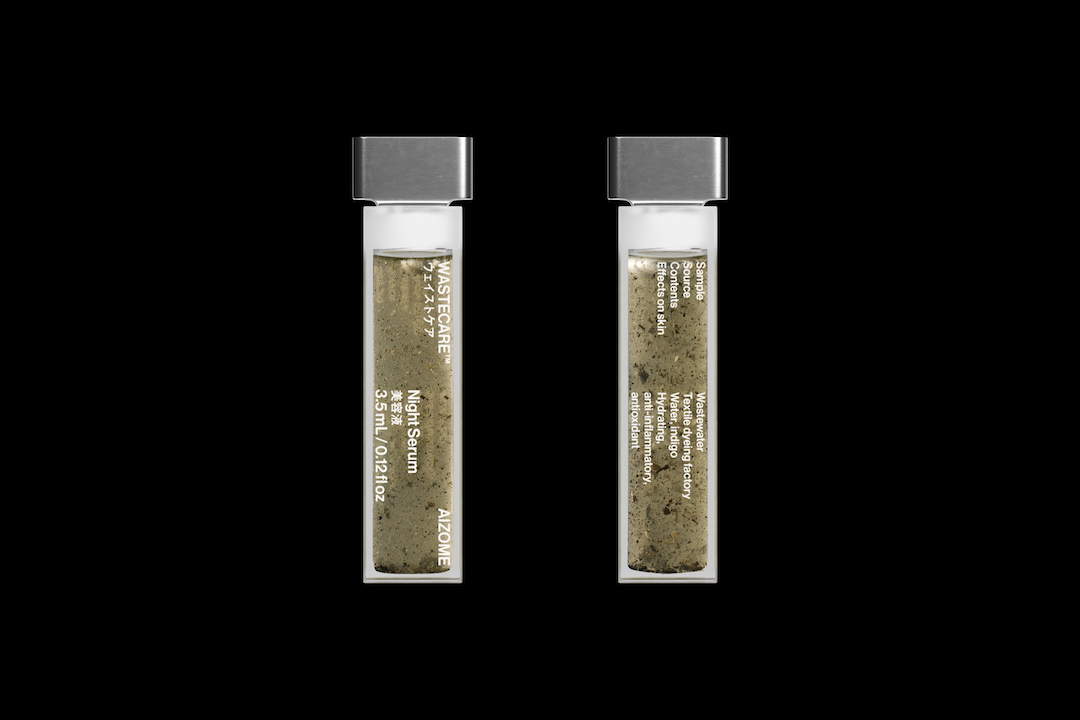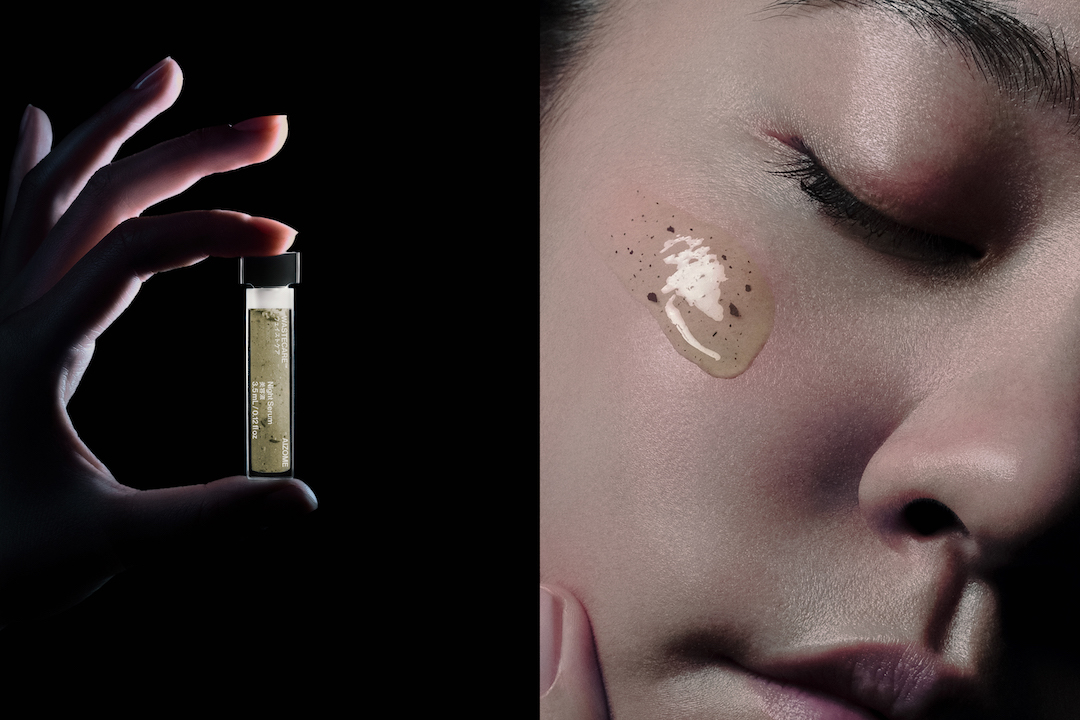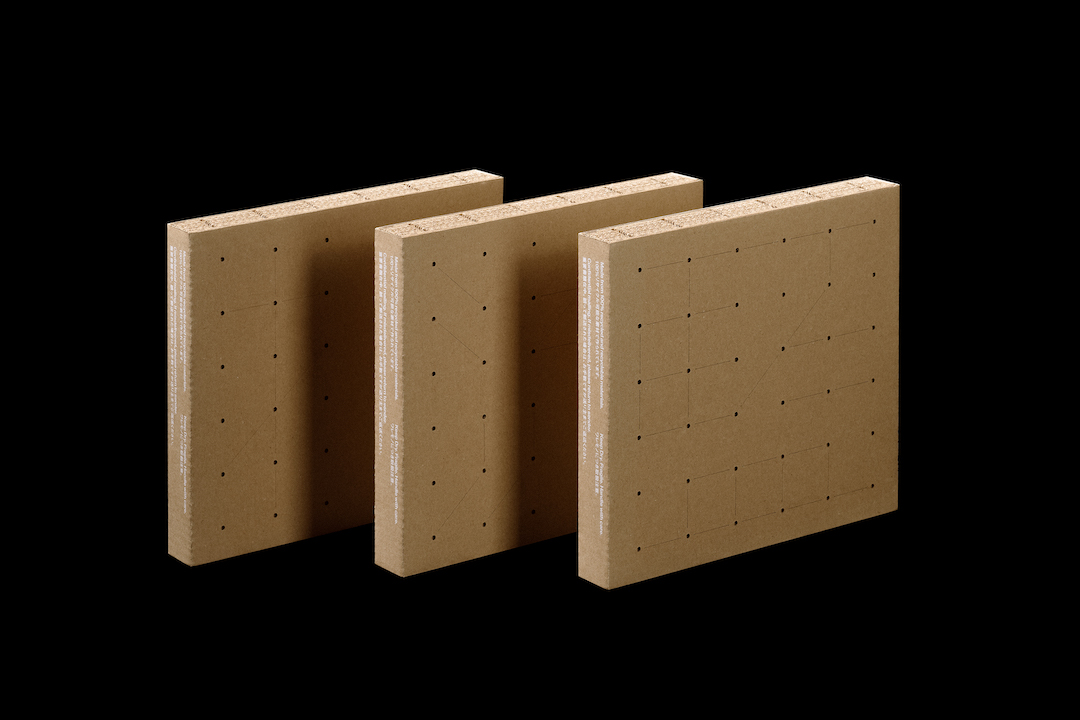‘Wastecare’ Is the First Skincare Range… Made From Textile Factory Wastewater
To prove the purity of its textile dyeing process, Japanese-German startup AIZOME. is asking skincare enthusiasts all over the globe to try out ‘Wastecare’—its product range made from the wastewaters of its textile dyeing factory.
Yup, you read that right. Claiming to only use plants, water, and ultrasound to dye its fabric, the company has collaborated with creative agency Serviceplan Innovation to design an entire skincare range from the by-products of its factory processes.
The brand claims its wastewater is so pure that it boasts “natural health benefits,” including anti-inflammatory, pain-relieving, and skin-rejuvenating qualities that could plump up even the driest of faces.

According to Design Week, this is the first time skincare products have been made from industrial waste—in a show of AIZOME’s “world-changing technology” and the “power of creative thinking,” demonstrating how clean its processes truly are.
In a way, the outlandish approach does make sense: if the byproducts of the company’s factory are pure enough to pass strict eco-toxicological and cosmetic safety standards, doesn’t that then show just how unadulterated its methods are?
The publication pointed out that while plant-based dyes aren’t a completely new concept, it hasn’t been scaled up to be used in mass production, as colors without chemical finishings tend to fade quickly.

However, the company’s patented dyeing method makes use of ultrasound technology to biologically connect the plant molecules to the textile fibers, thereby creating a plant-based dyeing process that won’t fade.
To come up with Wastecare, both firms experimented with different medicinal plants that could produce the most effective byproducts. For example, Indigo, which is used to turn materials blue, is believed to have anti-inflammatory properties that calm eczema-prone skin.
Impressively, AIZOME’s skincare line and fabric dyes are deemed to be so effective that it’s been recognized by the National Eczema Association as “an innovation to improve the quality of life for people with sensitive skin.”

This is backed up by research conducted in conjunction with the University of Cambridge, which determined the antioxidant and anti-inflammatory properties of Indigo truly help in “accelerating the healing” of one’s skin.
The brand’s visual identity and packaging design, which mimics other high-end beauty products, was created by New York-based design studio Workbyworks. Customers can use the products in the form of medical-grade vials and fully recycled materials.

Article Source: designtaxi.com
Image Source: serviceplan.com
